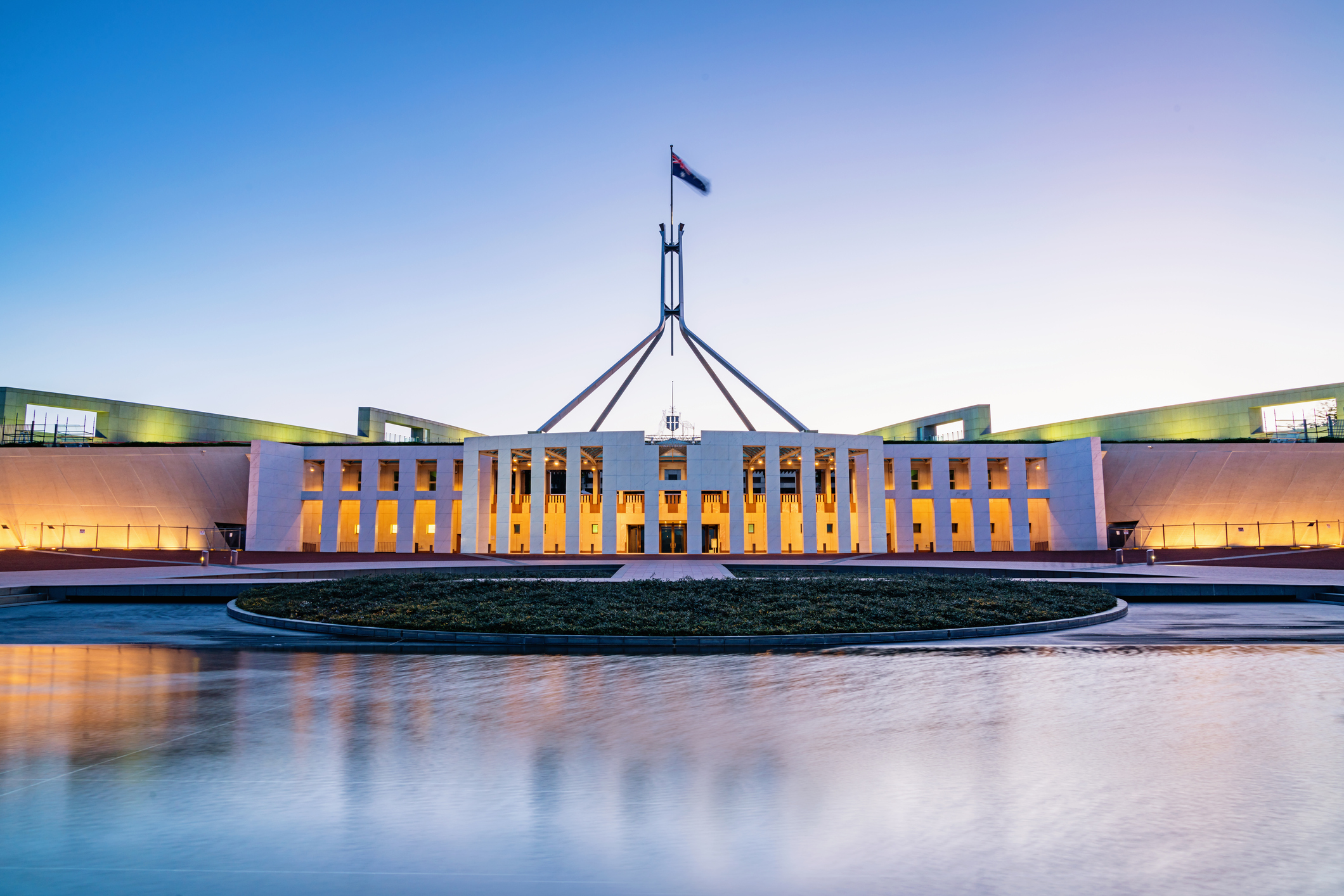
Lyn Formica
Head of Education & Content
In the final week of Parliament, there were a number of superannuation related measures still to be passed into law. We provide a status update below on each of these measures together with the Government’s other May 2018 Federal Budget superannuation related proposals.
Reversionary Transition to Retirement Income Streams (TRISs)
Legislation which amends the Income Tax Assessment Act (with effect from 1 July 2017) so that a TRIS which automatically reverts to a reversionary pensioner is also automatically a retirement phase pension has now passed the Senate [Treasury Laws Amendment (2018 Measures No. 4) Bill 2018]. Unfortunately the Senate proposed a number of changes to other measures in the Bill (non-superannuation related) so it now returns to the House of Representatives for approval. We expect Royal Assent will be given in the new year.
Superannuation Guarantee (SG) integrity measures
Legislation aimed at strengthening employers’ compliance with their SG obligations has also passed the Senate and as above, has now returned to the House of Representatives [Treasury Laws Amendment (2018 Measures No. 4) Bill 2018]. Among other things, this legislation:
- allows the Commissioner to issue employers with education directions or directions to pay an SG charge, and
- strengthens the director penalty provisions.
SG & one-off 12 month amnesty
Legislation to encourage employers to voluntarily disclose historical SG non-compliance and pay an employee’s full entitlements passed the House of Representatives in June 2018 and is awaiting progress in the Senate [Treasury Laws Amendment (2018 Superannuation Measures No. 1) Bill 2018].
Salary sacrifice contributions & employer SG obligations
Legislation to ensure that amounts that an employee salary sacrifices to superannuation do not reduce an employer’s SG obligations and SG entitlements are calculated on a pre-salary sacrifice base is still awaiting progress in the Senate having passed the House of Representatives in November 2017 [Treasury Laws Amendment (Improving Accountability and Member Outcomes in Superannuation Measures No.2) Bill 2017].
SG “Opt Out” for employees with multiple employers
Legislation to enable individuals with multiple employers to elect to “opt out” of the SG system in respect of their wages from certain employers from 1 July 2018 has passed the House of representatives but is still awaiting progress in the Senate [Treasury Laws Amendment (2018 Superannuation Measures No. 1) Bill 2018].
Non-arm’s length expenditure
Legislation to amend the non-arm’s length income (NALI) provisions to ensure expenditure is also taken into account has passed the House of Representatives but is awaiting progress in the Senate [Treasury Laws Amendment (2018 Superannuation Measures No. 1) Bill 2018].
Limited Recourse Borrowing Arrangements (LRBAs) and Total Super Balance
Legislation that aims to increase the amount of an individual’s Total Super Balance by “adding back” a proportion of any outstanding LRBA loan balance has passed the House of Representatives but is awaiting progress in the Senate [Treasury Laws Amendment (2018 Superannuation Measures No. 1) Bill 2018].
If enacted, this change would apply to any individual where the LRBA was entered into on or after 1 July 2018 and:
- whose superannuation interests are supported by an asset to which the LRBA relates if that individual has satisfied a “full” condition of release (ie a condition of release with a nil cashing restriction such as reaching age 65, retirement, permanent incapacity, or terminal medical condition), or
- where the lender is an “associate” of the SMSF.
Work Test Exemption for Recent Retirees
The Superannuation Industry (Supervision) Regulations have now been amended to give effect to the Government’s May 2018 Federal Budget proposal to allow voluntary contributions (called “work test exempt contributions”) to be accepted from 1 July 2019 where [Treasury Laws Amendment (Work Test Exemption) Regulations 2018]:
- the individual is generally aged 65 to 74 (or 65 to 69 for spouse contributions),
- the work test wasn’t met in the year the contribution was made, but
- the work test was met in the immediately preceding financial year,
- the member had a Total Super Balance of less than $300,000 on 30 June of the immediately preceding financial year, and
- no contribution has ever been accepted using this work test exemption in any previous financial year.
In a welcome move, the Government decided to not proceed with its proposed changes to the bring forward rules meaning a person turning 65 in a financial year will be able to use a “work test exempt contribution” to trigger bring forward mode.
Increase in SMSF Membership from Four to Six
We are still awaiting the release of draft legislation on this proposal, which is due to commence 1 July 2019.
Three-Yearly SMSF Audits
We are also still awaiting the release of draft legislation on this proposal, which is due to commence 1 July 2019.
Parliament is scheduled to return in mid-February 2019.
The Super Companion is an online resource that's regularly updated and will always reflect the latest rules, changes to legislation, case law or regulator views. You can be confident that the information is up to date and accurate. Learn more and subscribe here.
This article is for general information only. It does not constitute financial product advice and has been prepared without taking into account any individual’s personal objectives, situation or needs. It is not intended to be a complete summary of the issues and should not be relied upon without seeking advice specific to your circumstances.



